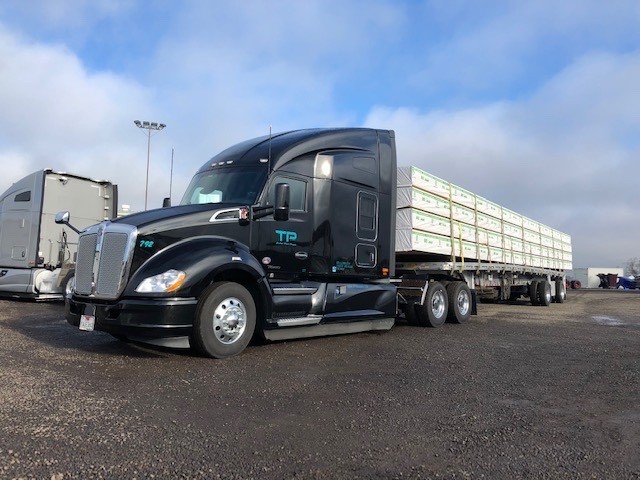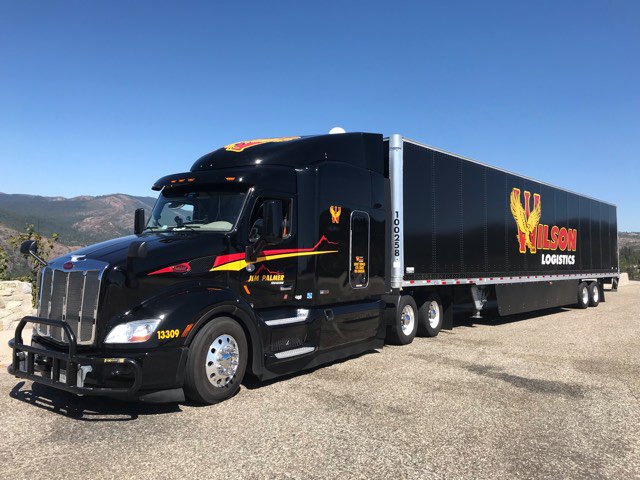Many larger trucking firms buy their trucking responsibility and freight trucking insurance policy on either a mileage or gross invoices basis. The insurance company sets rates based on the expected gas mileage or income for the policy year. Usually, monthly the insurance company needs the insured to report their real mileage or earnings, increase that quantity by the agreed-upon rate, connect a check and also mail to the proper event. After that, throughout the plan year-end audit, the insurer makes use of the trucking company’s actual mileage and earnings to “true up” the trucking insurance premium payments.
An Introduction of the Gas Mileage and also Gross Bills Options
If the trucking firm opts to pay trucking insurance premiums on a gas mileage basis, then the insurance provider establishes a rate based on the miles the trucking firm anticipates creating throughout the year.
If the trucking company pays costs on a gross invoices (or profits) basis, after that the insurance company establishes a rate based upon the gross receipts the trucking firm anticipates the truck to create during the year.
An Example
As an example, if a truck averages $1.50 per mile and also expects to run 120,000 miles each year, the yearly gross receipts for that vehicle would certainly be $180,000. Allow’s presume a trucking insurance provider provides to guarantee that truck for $4,500 annually.
If the trucking insurance were positioned on a mileage basis, the premiums would be computed at $3.75 per 100 miles. (120,000/ 100 = 1200 X $3.75 = $4, 500).
If the trucking insurance were positioned on a gross invoices basis, the rate would be $2.50 per $100 of gross receipts. ($ 180,000/ 100 = $1800 X $2.50 = $4,500).
The trucking firm can end up paying essentially $4,500 in trucking insurance premiums, depending upon the real mileage and gross invoices as determined by the policy year-end audit.
Please note, that we picked the 120,000 miles annually, the $1.50 per mile, and also the $4500 each year per truck merely because they are simple numbers to deal with. That is no chance indicates those are “average” numbers. And, once again for simplicity, our instance is for one truck. I recognize no insurance provider that will certainly do a mileage or earnings-based policy for one vehicle. We are just trying to keep it straightforward.
Just How Shipping Rate Increases Can Influence Your Gross Receipts Based Trucking Insurance Coverage Premiums. If you want to know more, click here for info!

If your trucking company is guaranteed on gross receipts basis and also you are privileged enough to protect a rate rise with a shipper, you have to share that increase with the insurer. Here’s why.
Take the instance over. Assume the vehicle is appointed to one course that paid you $1.50 per mile both ways and those trips create 120,000 miles. That would certainly be $180,000 each year. As the example shows above, your trucking insurance costs would certainly be set at $4500.
Yet, what if you were unexpectedly able to protect a boost to $1.80 per mile for both methods? This increases the income for that truck to $216,000– a 20% boost in your earnings. And that indicates your insurance premium simply went up by the exact same percentage. Instead of $4,500 each year for that truck, you will certainly now need to pay $5,400.
Nonetheless, had you been insured on a gas mileage basis, your insurance premium would certainly have stayed the exact same. Your miles continued to be the very same at 120,000. The number of miles didn’t raise. Just the amount of income.

